News
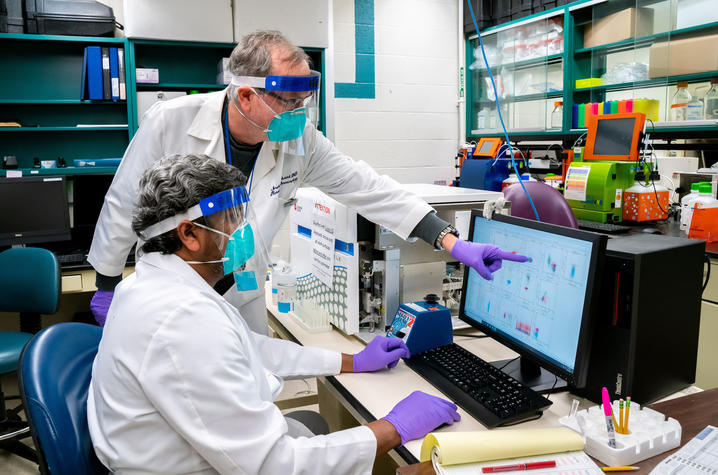
LEXINGTON, Ky. (Aug. 13, 2020) — PDS Biotechnology, a clinical stage immunotherapy company, has announced positive results from preclinical testing conducted at the University of Kentucky College of Medicine of its COVID-19 vaccine candidate, PDS0203.
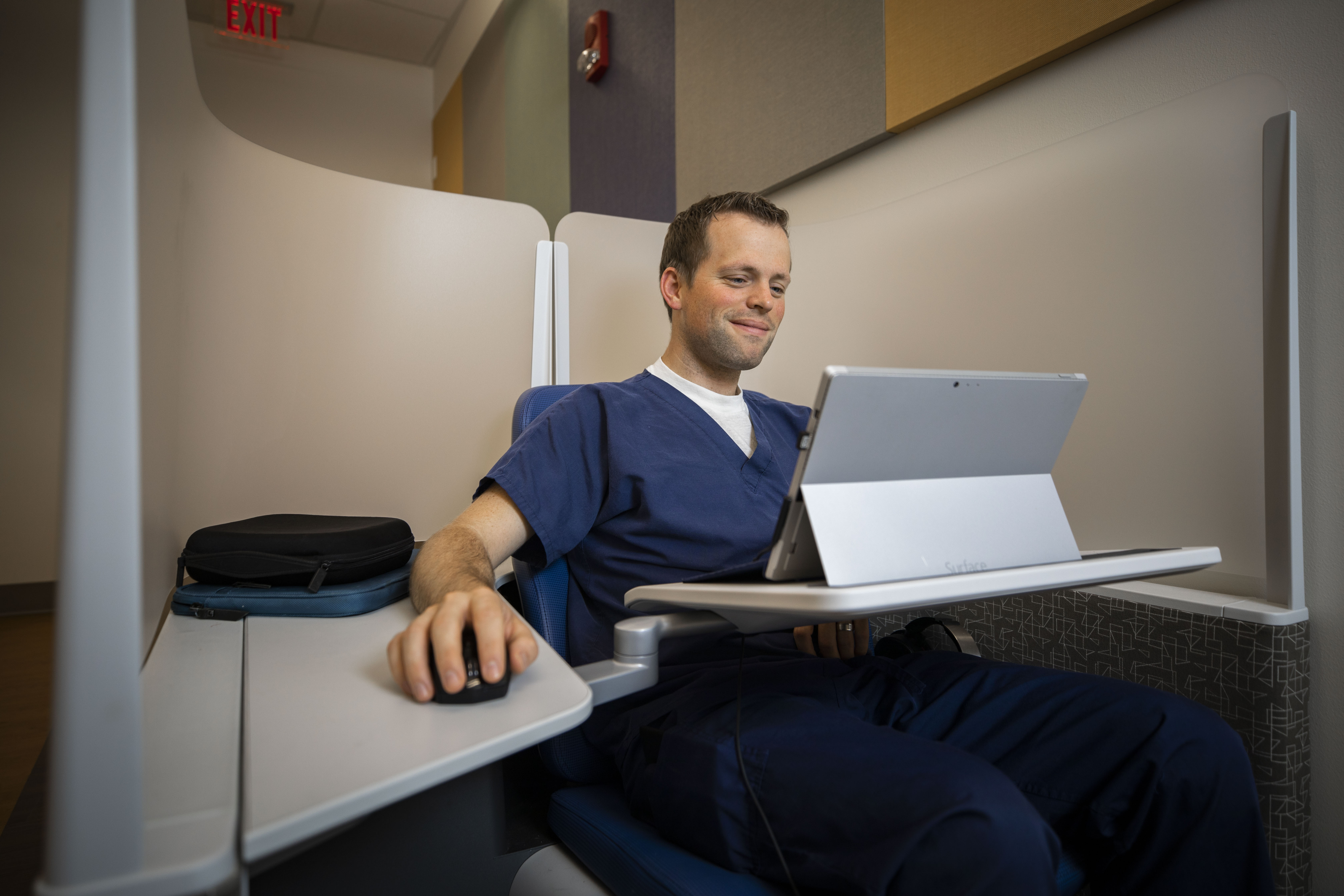
Throughout the summer the University of Kentucky College of Medicine has been part of a University-wide pilot program aiming to help boost resumes and build important skills for both UK and non-UK students.
The Summer Badge Program is not your average summer school. The program provides an opportunity for learners to complete courses and earn digital badges, regardless of their current major, with the badges certifying competency in a specific skill.
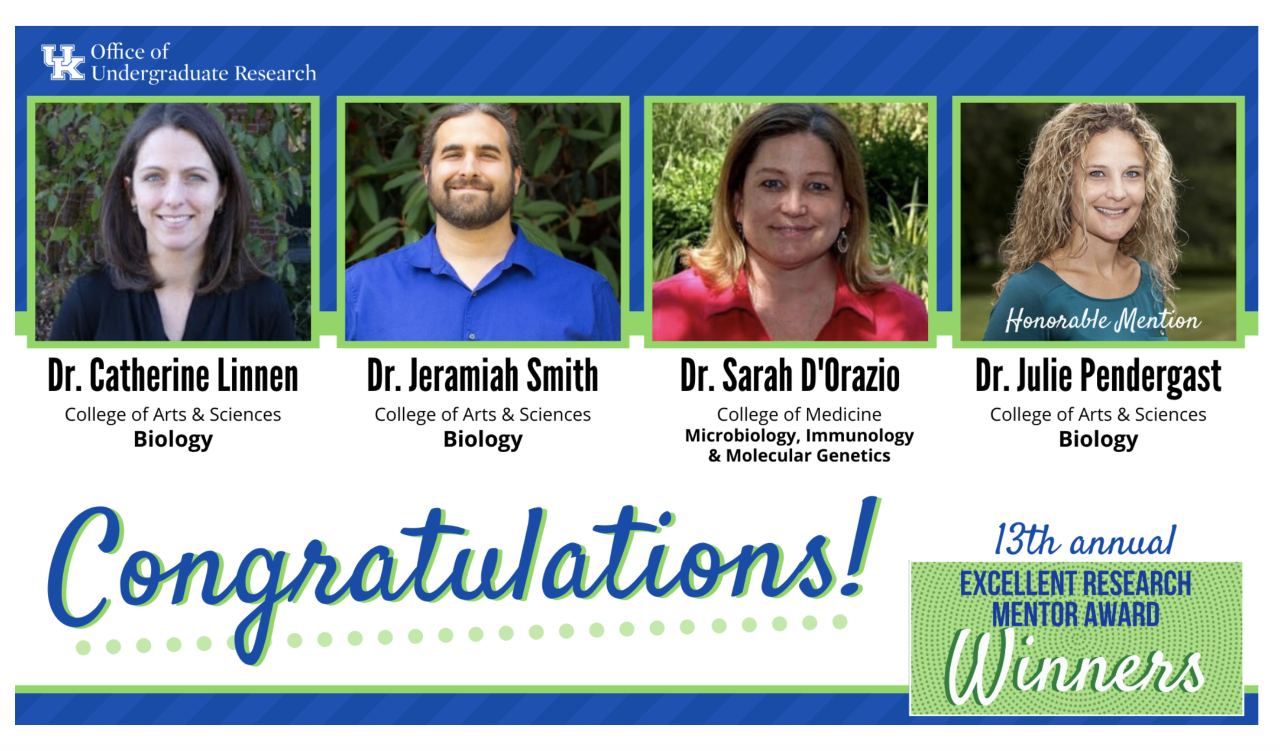
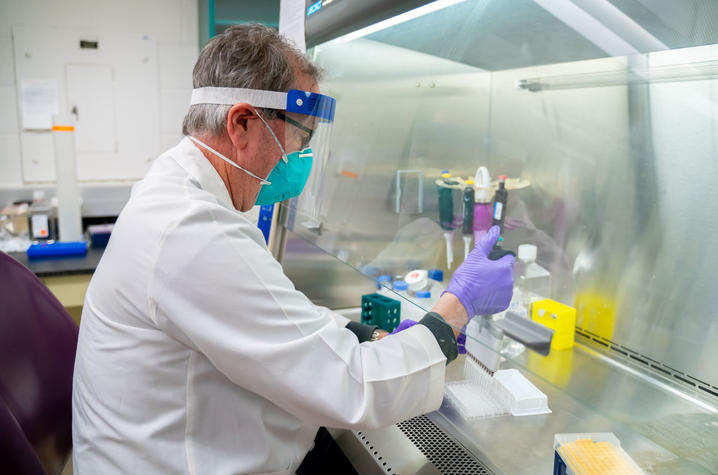
LEXINGTON, Ky. (May 11, 2020) — University of Kentucky researchers have launched antibody testing that will help to understand what immunity to COVID-19 really means. Several research labs and core facilities within UK’s Colleges of Medicine and Pharmacy will be testing the antibodies of recovered COVID-19 patients for a study to see how long they protect against reinfection.
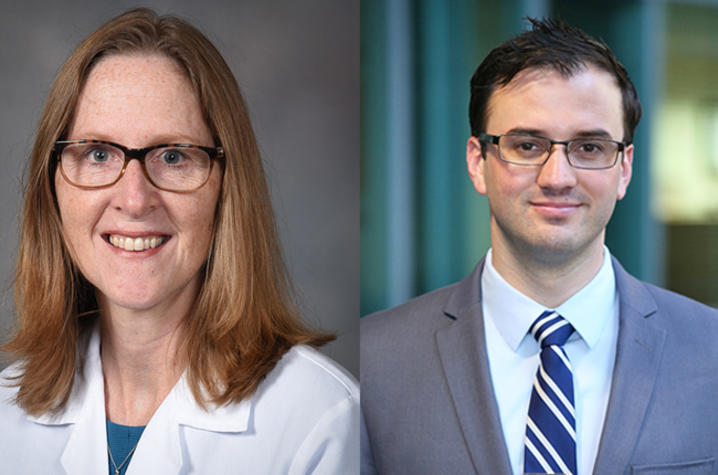

Subbarao Bondada, professor of microbiology in the Department of Microbiology, Immunology and Molecular Genetics in the University of Kentucky College of Medicine and Markey Cancer Center, has been named a Fellow of the American Association for the Advancement of Science (AAAS). Election as an AAAS Fellow is an honor bestowed upon AAAS members by their peers.
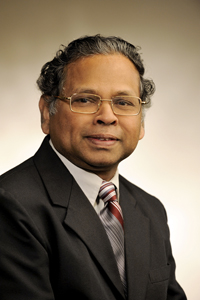
Our own Dr. Subba Bondada has been elected to the rank of AAAS Fellow in the Section on Medical Sciences by the Council of the American Association for the Advancement of Science.
From Dr. Bondada's award letter: Each year the Council elects members whose “efforts on behalf of the advancement of science or its applications are scientifically or socially distinguished.” On behalf of the Council of the American Association for the Advancement of Science, I am very pleased to inform you of your election to the rank of AAAS Fellow.
Congratulations Dr. Bondada!
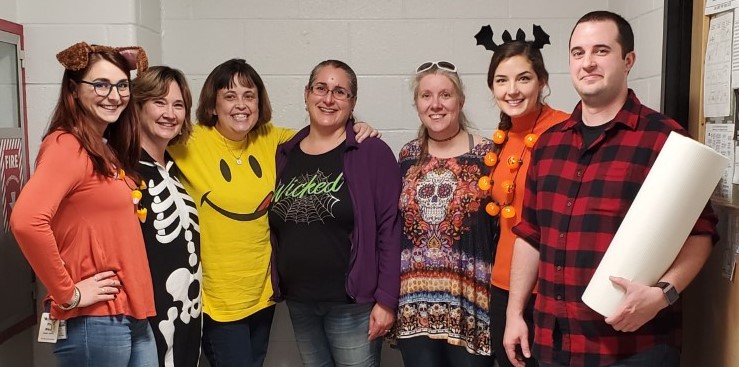
Members of Microbiology, Immunology, and Molecular Genetics and staff in the Office of Biomedical Education enjoyed the opportunity to show off their Halloween outfits!
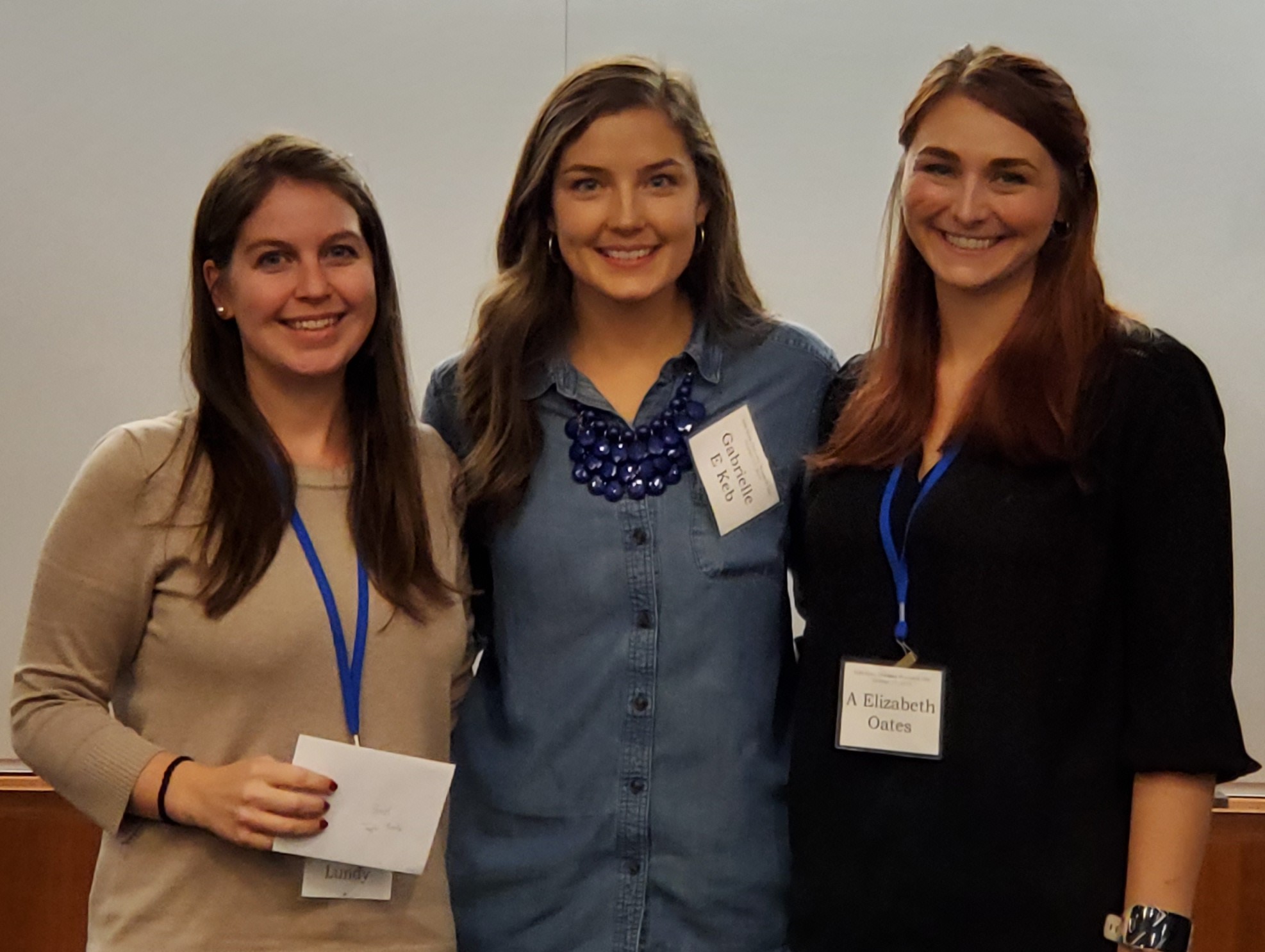
Eleven presenters participated in the 3 Minute Thesis Competition at the Fifth Annual Infectious Diseases Research Day held on October 17, 2019.
From left to right:
3rd place is Taylor Lundy, Graduate Student in Dr. Sylvie Garneau-Tsodikova's lab in the Department of Pharmaceutical Sciences
2nd place is Gabrielle Keb, Graduate Student in Dr. Ken Fields' lab in the Department of Microbiology, Immunology, and Molecular Genetics
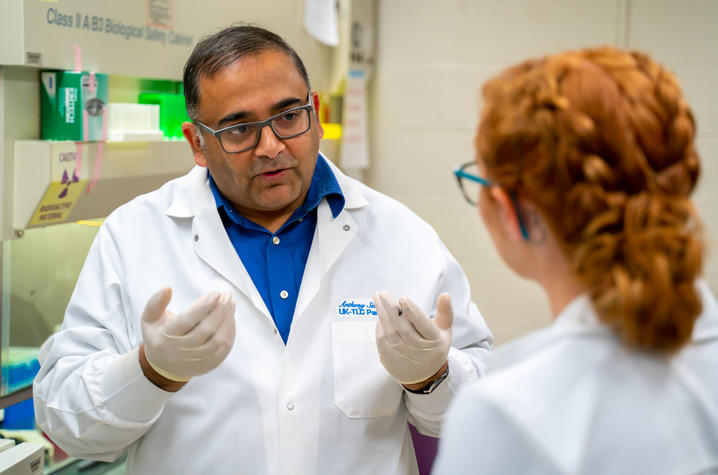
A unique partnership between an engineer and a scientist at the University of Kentucky has produced data that is challenging prevailing wisdom about a potentially life-threatening parasite's behavior and revealing possible targets for treatment.
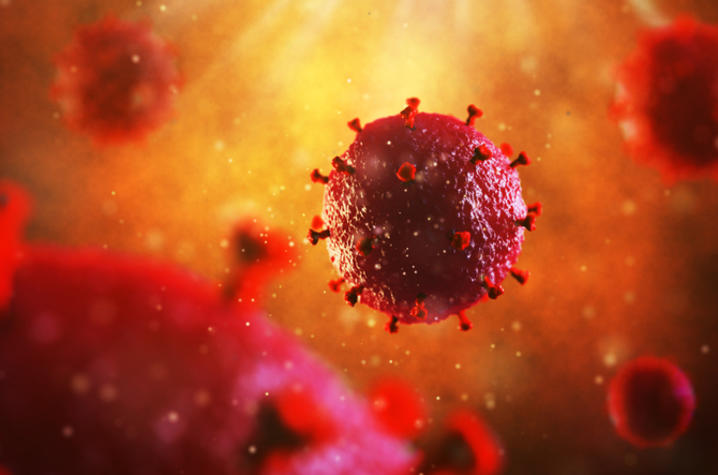
Decades of research and treatment advances have helped extend the lives of many people living with HIV, but while these patients live longer, their risk of developing dangerous blood clots increases as much as tenfold. Blood clots – also known as thrombi – can wreak havoc on the body, causing events such as debilitating strokes and heart attacks.
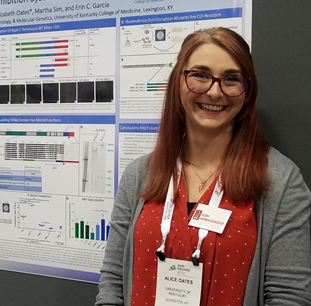
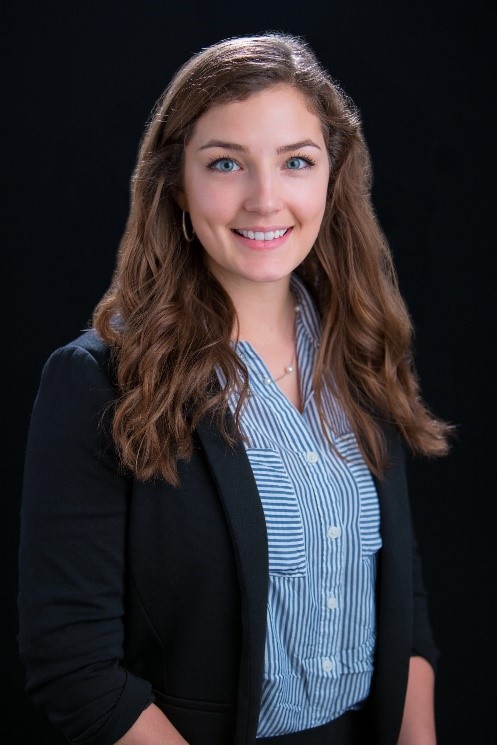
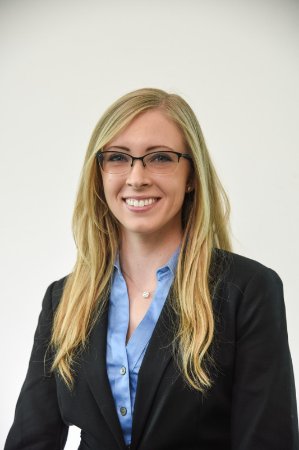
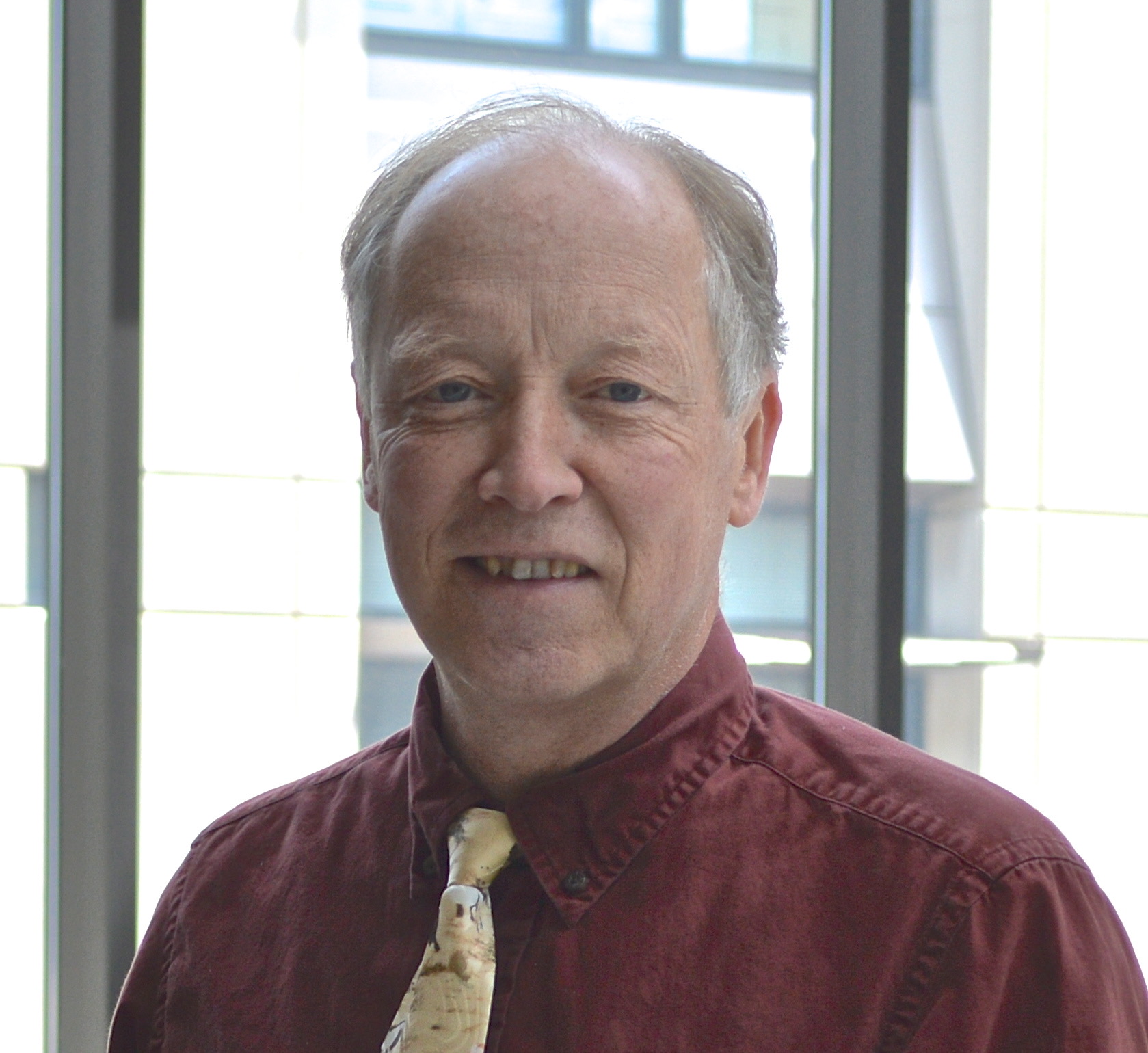
The William B. Sturgill Award is presented annually to a graduate faculty member for outstanding contributions to graduate education at UK. William B. Sturgill was a 1946 graduate of UK and became prominent in the coal industry. He made several important contributions to higher education in Kentucky and served 18 years on the UK Board of Trustees, 10 of which he was chairperson. Among his numerous contributions to graduate education at UK, Dr.
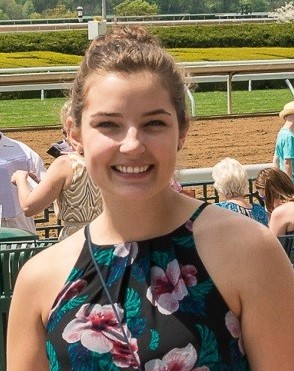
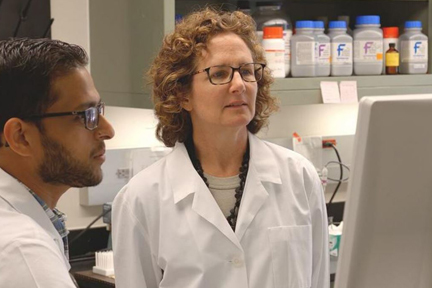
Barbara Nikolajczyk has always had a passion for scientific exploration and discovery. After losing her father to complications from type 2 diabetes, she decided to delve into research examining the connection between inflammation and the disease. Read the rest of Dr. Nikolajcyzk's story on the College of Medicine Research Website here.
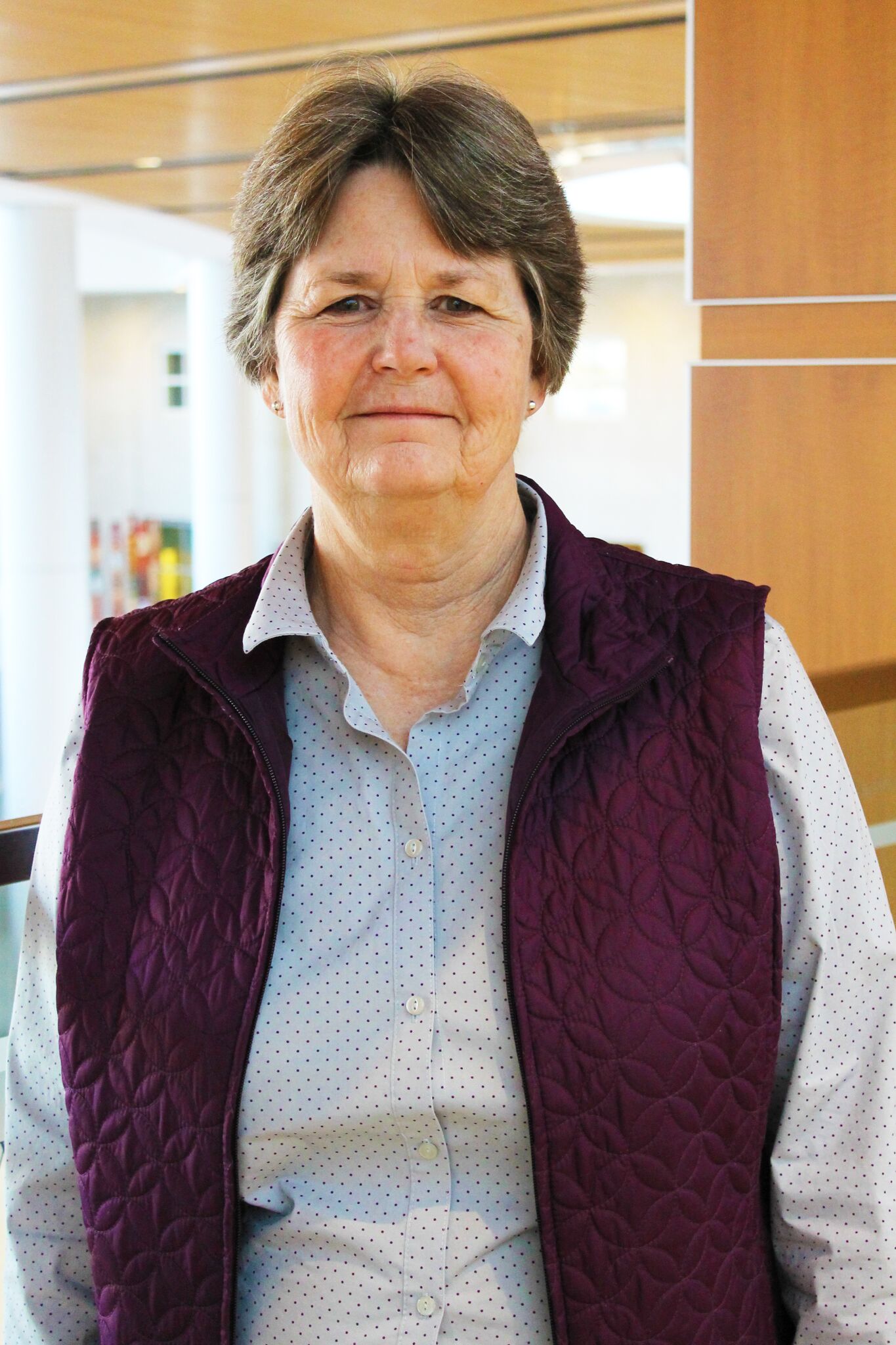
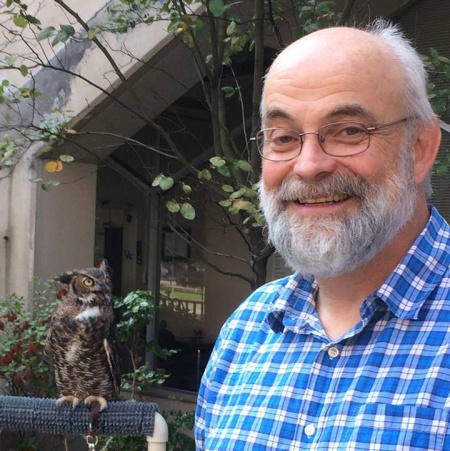

Of the 14 million cancer survivors in the United States, a significant number experience a serious side effect called chemotherapy-induced cognitive impairment (CICI). While easily recognized, little is known about the etiology of this condition, also known informally as “chemo brain.” CICI can significantly reduce patients’ quality of life with serious, even devastating, symptoms such as memory lapses, difficulty concentrating, negative impacts on multitasking, confusion and fatigue.